International Day of People with Disability 2022
Posted on

Tomorrow is International Day of People with Disability (IDPwD). IDPwD is a United Nations observed day we celebrate on 3 December each year to increase public awareness, understanding and acceptance of the 4.4 million Australians with disability.
To celebrate, we asked three Autistic people to share their thoughts and feelings about the day.
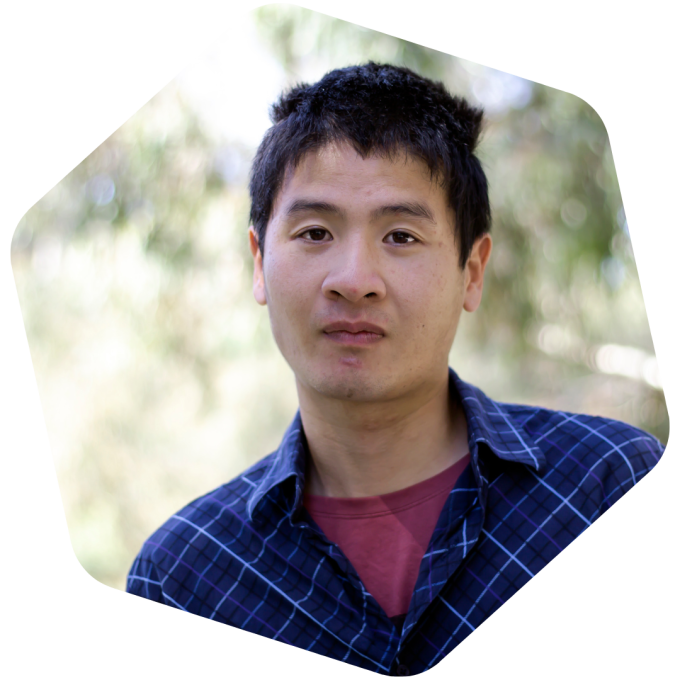
Tim Chan (he/him)
Most people are uncomfortable around those with disability because we don’t like to look at vulnerability, including our own. On the other hand, disability is currently affecting one in five people, so every individual, family and community is impacted by disability in different ways at some point in time.
With disability as the common denominator of all communities, and an unavoidable part of human experience, we need to contest the stigmatisation and exclusion of disabled people.
The effects of these discriminatory practices towards those with physical, emotional and neurodivergent conditions are debilitating. The loss of equitable economic security, social access and participation results in disempowerment and marginalisation of our disabled community members who often face sky-high levels of biophysical and mental health issues.
We need to bring down the barriers for inclusion of disabled people, who are some of the most resilient members of our communities, and support their accessibility needs in meeting various challenges to navigate life.
To tackle attitudinal and structural barriers of disability, we should celebrate IDPwD, not just on this day, but throughout the year. By respecting and including disabled people, our communities will be enriched by their capabilities, resilience and unique perspectives.
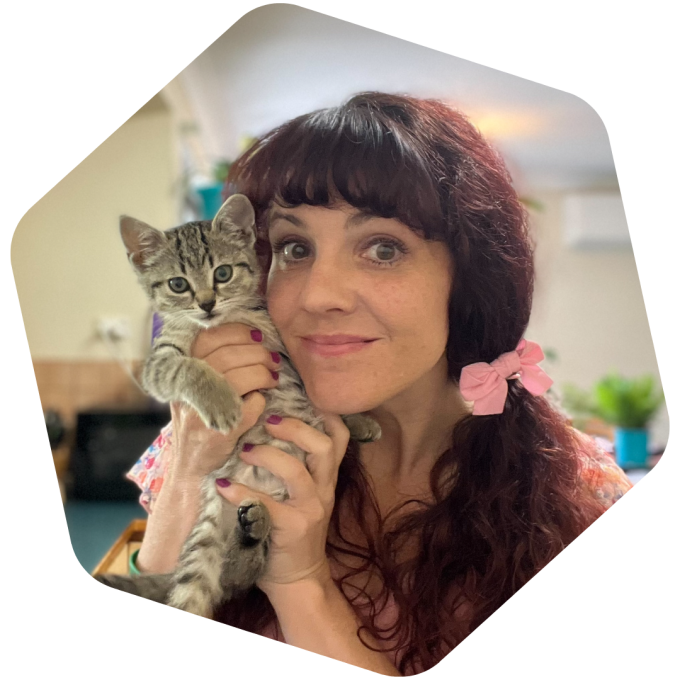
Chantell Marshall / Shy Little Pixie (she/her)
I would love to see greater awareness of hidden disabilities. I am Autistic, and have selective mutism and severe social anxiety. I am often misunderstood or perceived as rude or anti-social when I cannot speak and struggle to make eye contact. People also mistakenly assume I have different disabilities, and that I can’t comprehend them, neither of which are true.
Due to my late diagnosis of autism at age 41yr, I have spent the majority of my life masking/suppressing my differences in a desperate attempt to try to fit in ~ but this has taken a tremendous toll on my mental health, and left me with c-PTSD.
I have been told that I ‘do not appear disabled’. I am unable to work, study, or socialise, and I require therapeutic supports to help me function. Is this not the very definition of a dis-ability?
I would love for people to consider widening their views on what a disability can look like ~ just because you may not ‘see’ a disability visually does not mean that it does not exist. Please be kind, and be willing to learn more from disabled people.
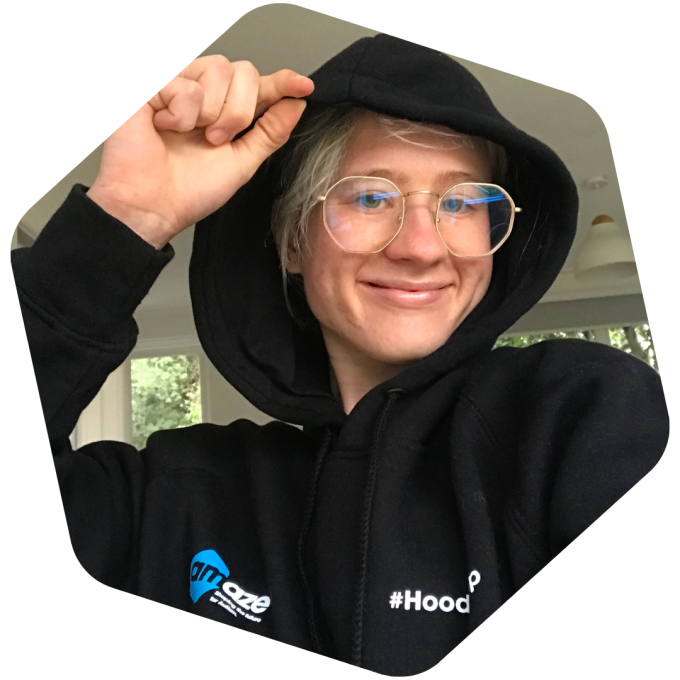
Jac (they/them)
IDPwD is a chance to reflect on the challenges of the past, the strength of our community, and the opportunities of the future. It’s important because we need an opportunity to collectively pause and commit to doing better for people with disabilities.
This year’s theme is about transformation and innovation. Disabled people are experts at thinking creatively and adapting by doing things differently. We have a lot to offer, and we need to be involved in determining not only our own futures, but the future of humanity.
Disability isn’t something to be afraid of, to gawk at, or to be inspired by. Disability is normal and mundane, a fact of existence. There is value to be gained for all, not only by actively including disabled people, but by confronting ableism and unlearning its widespread harms.
Read last year’s contributions
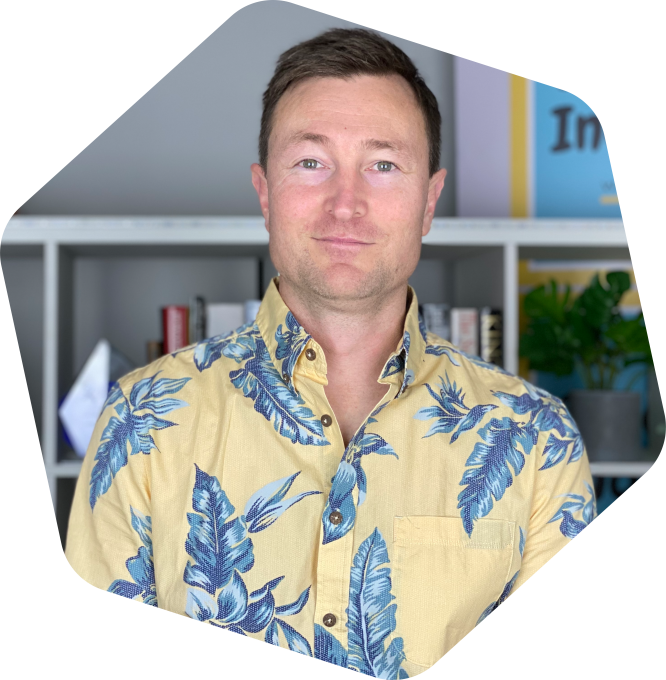
Orion Kelly (he/him)
As an Autistic person diagnosed in adulthood, I tend to view my life in two parts. Those parts being pre diagnosis and post diagnosis. And although my diagnosis was welcomed, it triggered an identity crisis.
If I was born Autistic, who was I trying to be pre diagnosis? In short, I was trying to be neurotypical when I was neurodivergent.
What IDPwD means to me is a recognition that my genuine Autistic self has a place in this world.
IDPwD is important to not only me, but the entire Autistic community, because it’s an opportunity to celebrate our differences rather than hide them. Autistic people are often compelled to mask their true selves to fit into a neurotypical world.
Any opportunity to shine a light on our individual challenges and strengths can only help increase the level of understanding and appreciation of Autistic people.
The one thing I hope people will take away from IDPwD this year is that regardless of the disability, we all have individual challenges, strengths, passions, and contributions to share with the world.
We just need the opportunity.
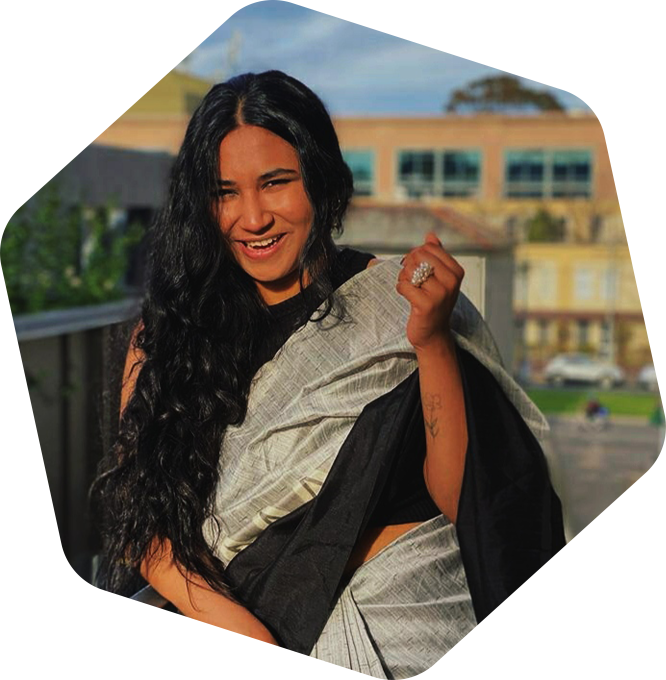
Srishti Chatterjee (they/them)
While I usually don’t care much about these ‘days’ because it gives a chance to privileged people to care about us for a single day and then move on, IDPwD has always generated important conversations for me, especially about the images of what disability looks like.
As someone with an invisible physical disorder and several mental disorders, I have often struggled with being considered ‘disabled enough’ to be helped, even to myself.
As someone working in support and advocacy services, I often gloss over the care and help I need, so I guess IDPwD is a day to remind myself when I see community awareness, that help is available for me and I am deserving of it.
It brings me a sense of community with other queer disabled people like me where we care about each other when systems of authority repeatedly fail us.
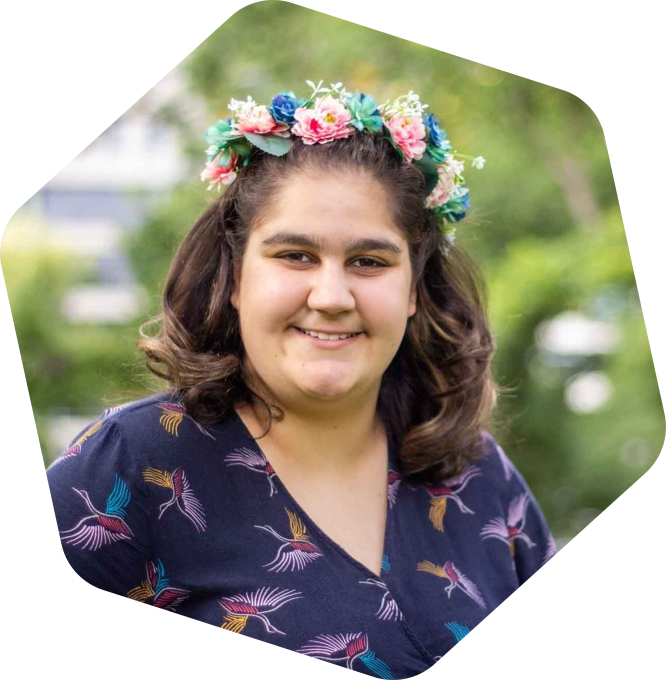
Divergent Fel (she/her)
I believe IDPwD is an important day as it authentically addresses a united issue within the world that is understanding and empowerment of anyone who has a disability and whether or not that disability is visible or invisible.
I find it extremely important to have a day to celebrate all people with a disability and clearly acknowledge their hard work and achievements especially in creating positive and effective change to better the lives of all people with a disability.
I do wish that it was longer than a day as there’s so much to celebrate in a world full of people with disabilities.
Within my local community I have discovered that the IDPwD creates more of an opportunity to advocate and educate the public with updated information and culture around disabilities as well as creating inclusion, awareness, and acceptance of lesser-known disabilities.
I think no matter who you are, you should take a minute today to reflect, read and show gratitude for those people with a disability in your lives as they provide the world with much needed diversity in various forms.
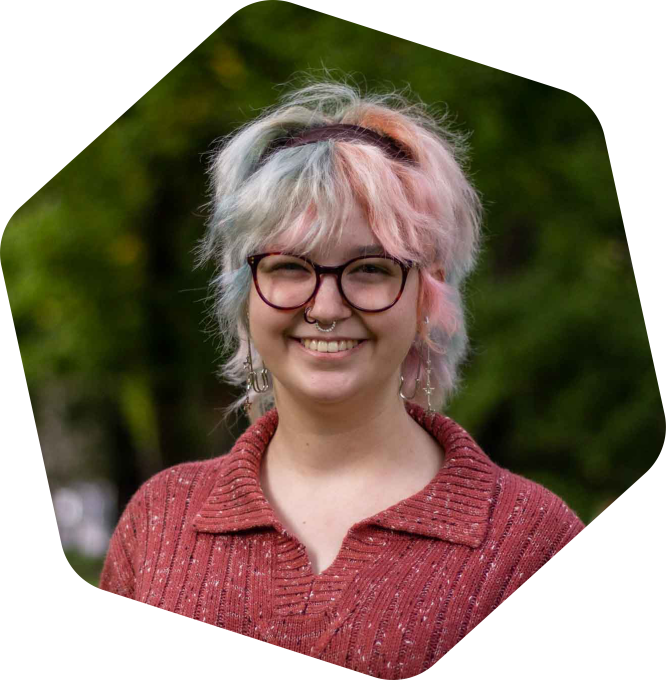
Is Hay (they/them)
IDPwD to me represents the history of disabled people before me that have worked and fought for my right to live, learn, work, engage and love.
It is definitely a day of celebration, and one that I don’t take lightly, but I think December 3 is a day that demands more significant action than just celebrating disabled people.
Fundamentally, for disabled people IDPwD is about community, history and celebration, but for abled/non-disabled people, it needs to be a day of reflection, learning, planning and action.
The day should not just be a tick in the diversity calendar or a cup of tea event talking about Dylan Alcott and other famous disabled people (though they are superb), but real meaningful action, led only by the needs and wants of disabled people.
Disabled people are still not recognised as people worthy of life, justice, community or care, because abled people have all the power to make all the decisions about our life.
IDPwD shouldn’t need to exist as a reminder of our autonomy, personhood, excellence or existence, but it does, and serves such an important purpose.